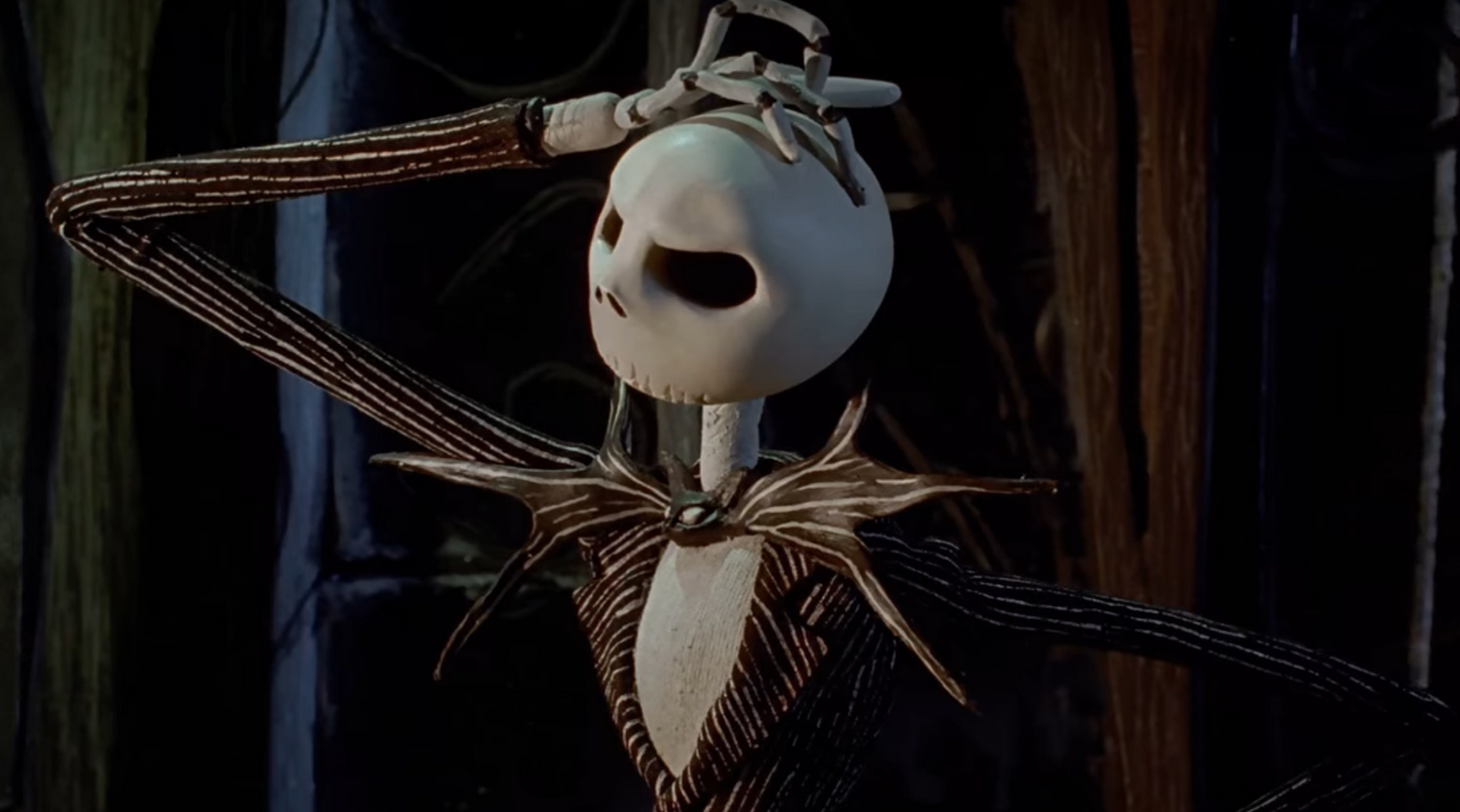Your Cart is Empty
Artists

"The Movies That Made Us" Season 3: The Obnoxious Specter of Nostalgia
October 19, 2021 4 min read 0 Comments
Nostalgia is a potent force in the world, and one that perpetuates over the years with the help of giant media conglomerates. I ruminated on this thought while looking at a display of Hocus Pocus themed merchandise at the local craft store. Nostalgia is no longer a fleeting sensation that is occasionally sparked, it is an industry unto itself that seeks to continuously prod consumers into parting with their money. The Netflix series The Movies that Made Ustrades in such hyper-charged nostalgia, giving a behind the scenes look at various beloved films. The show is called The Movies that Made Us, though “Us” to Netflix just means “American Millennials and Gen Xers that saw blockbuster movies from the mid 1980s to the early 1990s.” The latest season premiered October 12th, and along with Aliens, A Nightmare on Elm Street, and Robocop, looks at The Nightmare Before Christmas and its uphill battle of a production. As a kid, I was instantly drawn to The Nightmare Before Christmas thanks to its unique visual style and potent combination of my two favorite holidays, Christmas and Halloween. And while I actively proselytized it to my friends/parents/anyone that would listen, I was always a little perturbed by the lackluster reception to the film when it first came out. It got a bare minimum of merchandising, most people didn’t know what to make of it, and while these were my prime Disney World-visiting years, the Mouse was keeping the movie at arm's length from the park. Now that I’m in my 30s (and no longer interested in theme parks), the film has become highly venerated by fans, there’s an endless supply of merch, and Disney World has Nightmare Before Christmas themed attractions every Halloween. So my curiosity was piqued when I heard about this episode of The Movies That Made Us, especially since I liked the Transformers episode of its sister series, The Toys That Made Us. I was pretty excited to watch this and learn more about what went on behind the scenes, but I would have turned this show off after five minutes if I wasn’t being paid to write about it.
This episode features interviews with director Henry Selick, writer Caroline Thompson, composer Danny Elfman, producer Kathleen Gavin, and visual consultant Rick Heinrichs, all of whom genuinely go into a fascinating amount of detail about their work on the film. Tim Burton is not interviewed, but that fits with how the documentary portrays him as a capricious specter that would swoop in and out of production bearing either delight or rage. It goes over how Danny Elfman and Caroline Thompson essentially cobbled the script together from Danny’s lyrics when writer Michael McDowell (Beetlejuice) went AWOL, the logistics of making a stop motion animated feature film, and it’s many tiered production. There's a lot of ground to cover with some very interesting people, but the narrator hangs like a pall over the whole affair. The narration and editing style of The Movies that Made Us creates an atmosphere that is oppressively obnoxious. It’s cloying, shticky, and omnipresent as it talks over the more interesting subjects being interviewed. I understand this is a show about a kid’s movie from the 90s, not a treatise on the filmography of Pasolini, but The Movies that Made Us goes for a tone that is so grating, I’ve seen more restraint and nuance in an episode of Diners, Drive-Ins, and Dives. One of the worst offenses is that rather than letting whoever is being interviewed complete a full sentence, the narrator interrupts or cuts away to another person for one or two words in the middle of a sentence. The show must think this gimmick is terribly clever because it does this repeatedly.
There’s a frantic pace to this entire episode where it can’t stay on one single shot for much longer than a second without a cutaway. The infantilized narration is also perplexing in that it sends a mixed message about who the audience for this show is. If it was aimed at kids, then sure, go lighter with the tone of the narration and use more fast paced editing. But there are jokes about cocaine and anti-vaxxers peppered in, along with the subject matter being a movie who’s biggest fans are well into their thirties. I get that it wants to have some kind of storybook motif as a reflection of the film, but the shtick becomes overbearing and distracting.
There is a truly interesting story behind the making of The Nightmare Before Christmas, and it’s great hearing from people that worked on the film, but the tragic thing is that it’s all bogged down by the most obnoxious editing and narration on the planet. This is essentially a Funko Pop in documentary form. The Movies that Made Us takes some media property from the past, and condensing it, wringing out nuance or thought to create something utterly banal and manufactured.
Subscribe
Sign up to get the latest on sales, new releases and more …
